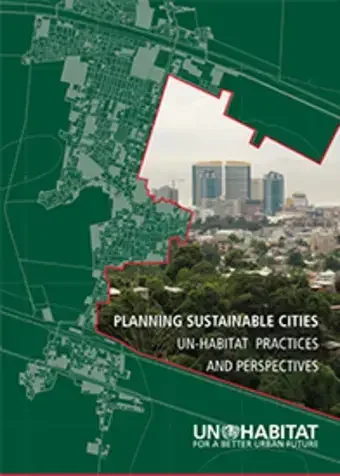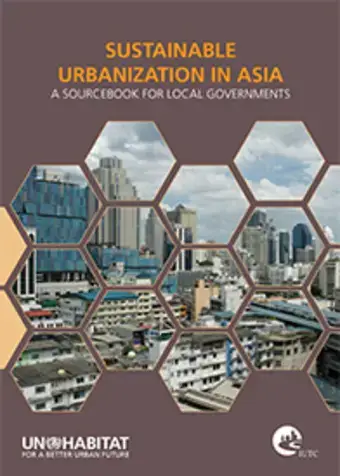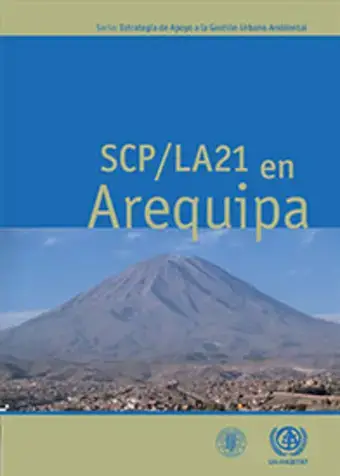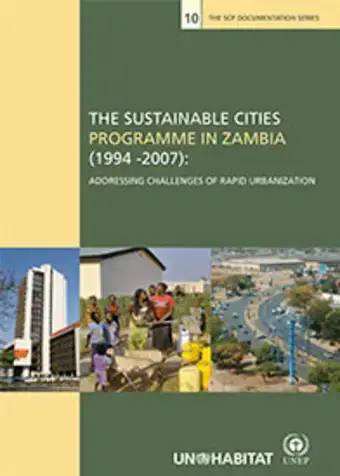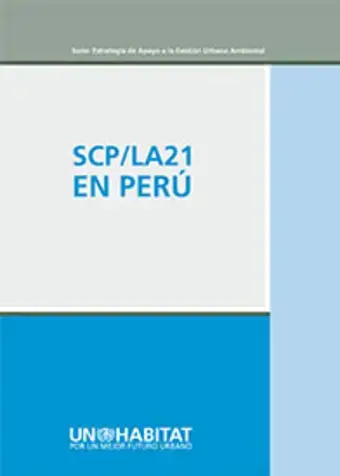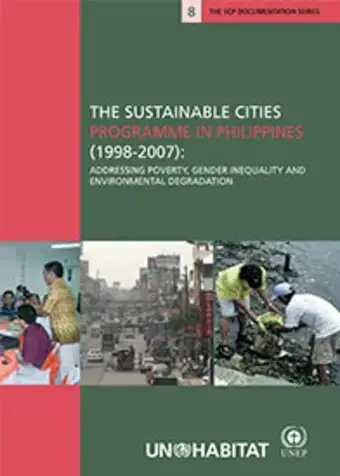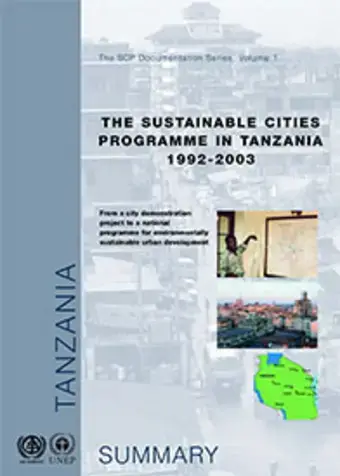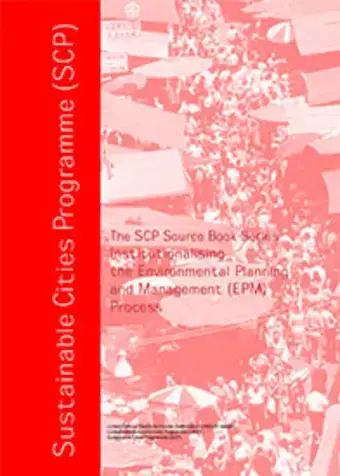 New York, 17 March 2015 - During the 59th session on the Commission for the Status of Women, the side event Habitat III, Beijing+20 and the City We Need was hosted by the Deputy Executive Director of UN-Habitat, Ms. Aisa Kirabo Kacyira. Other distinguished panelists at the event included Ms.
New York, 17 March 2015 - During the 59th session on the Commission for the Status of Women, the side event Habitat III, Beijing+20 and the City We Need was hosted by the Deputy Executive Director of UN-Habitat, Ms. Aisa Kirabo Kacyira. Other distinguished panelists at the event included Ms.
